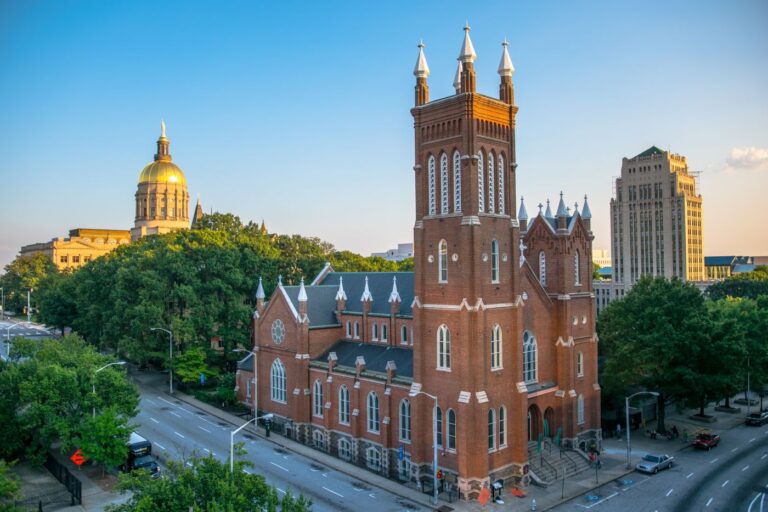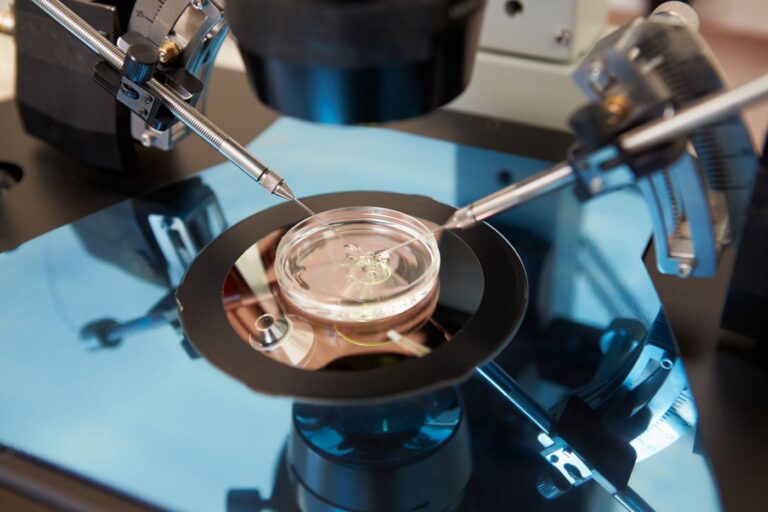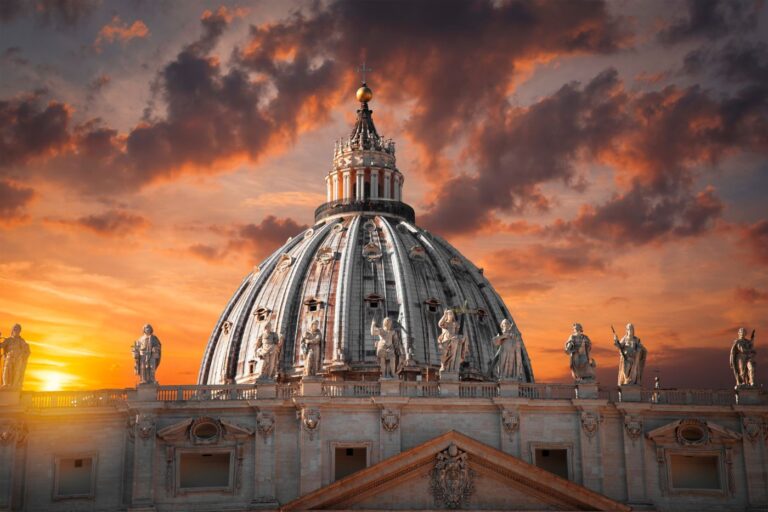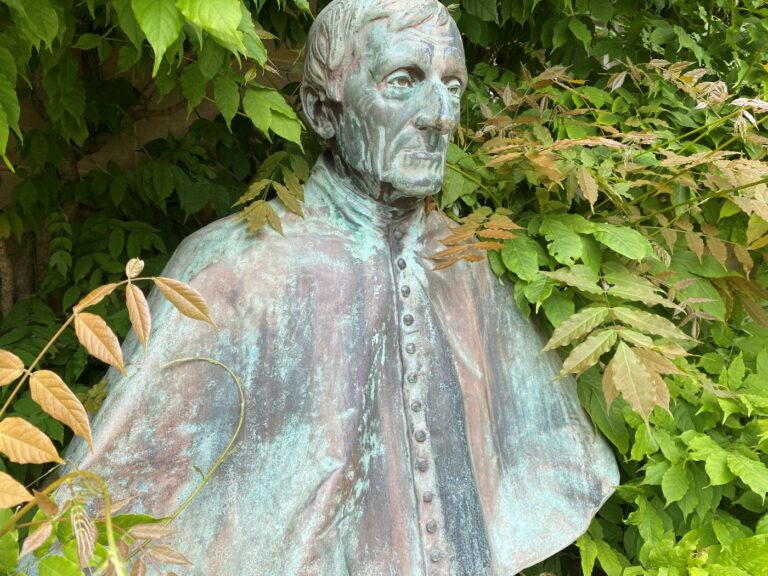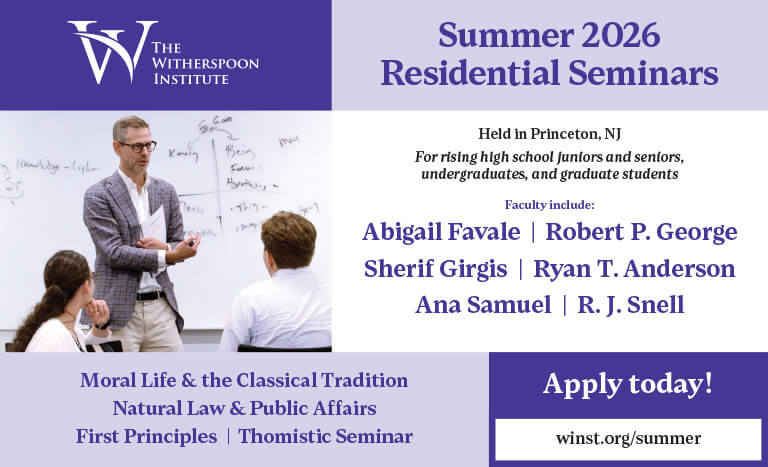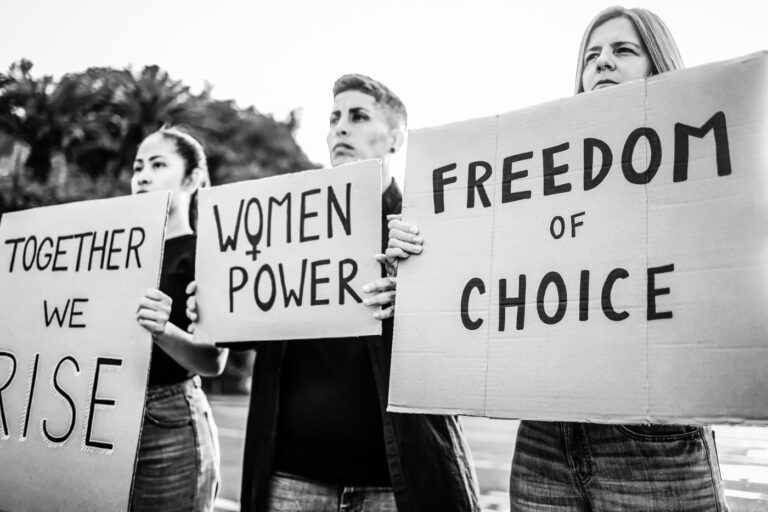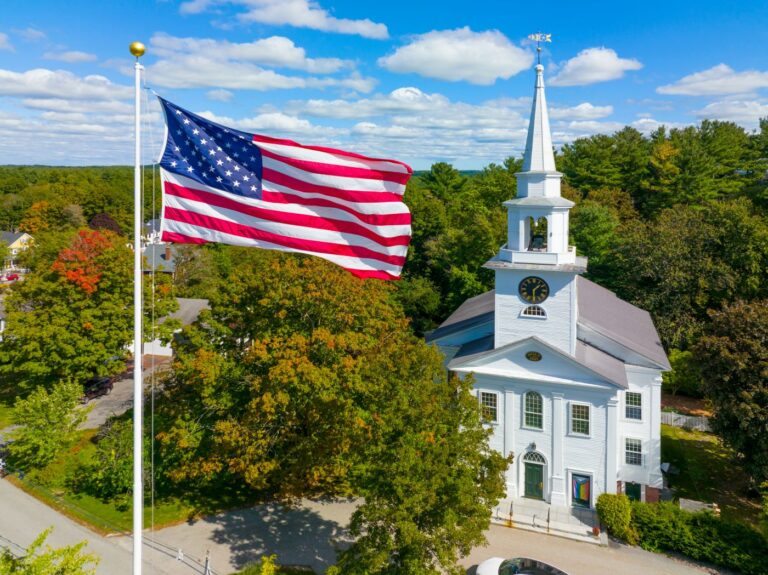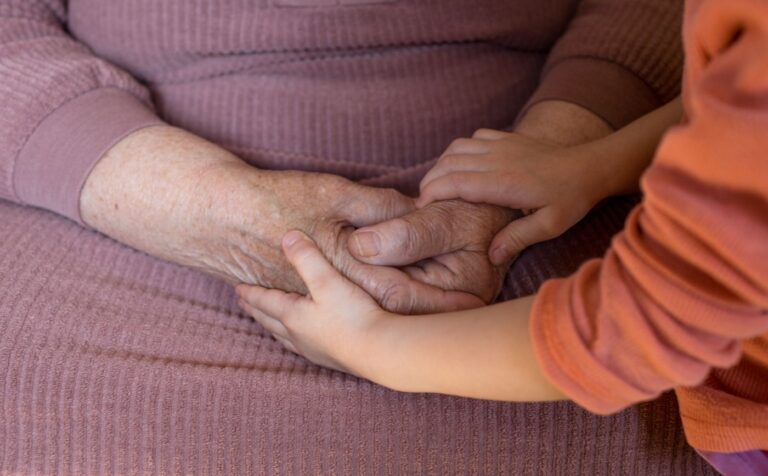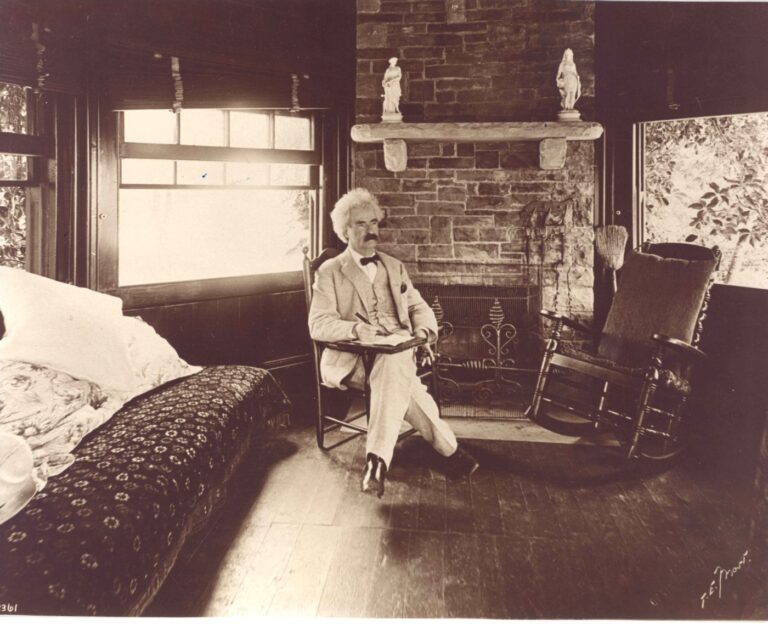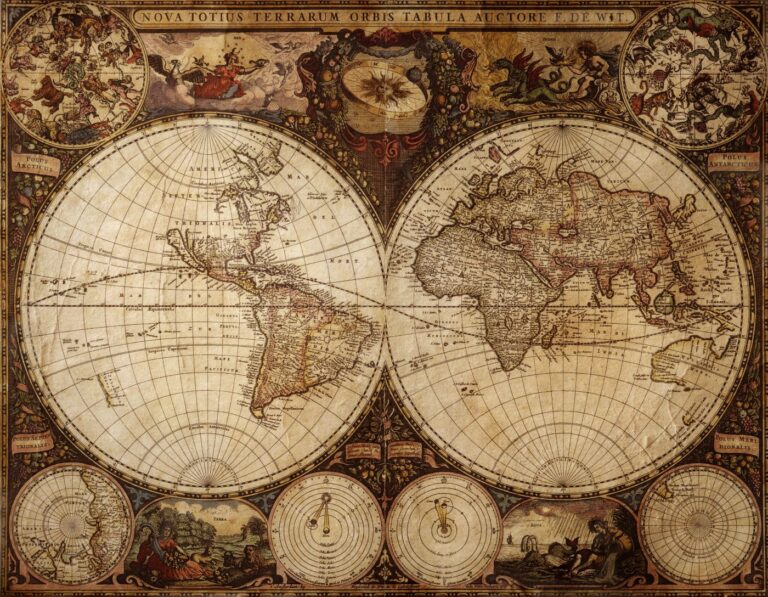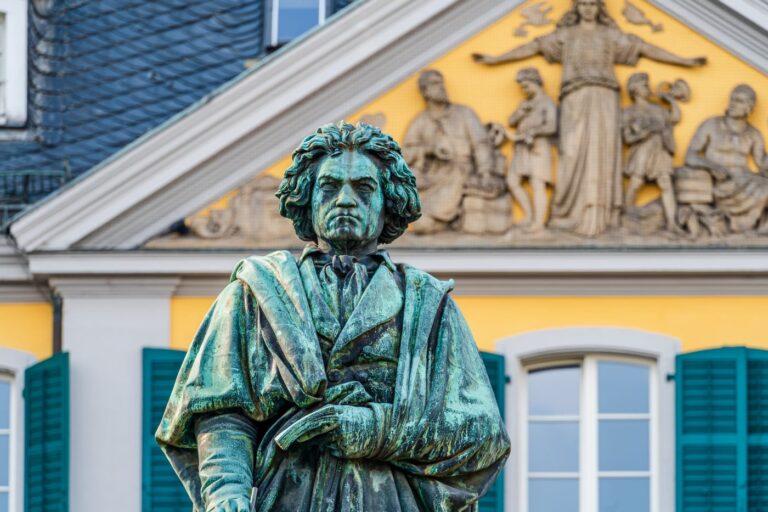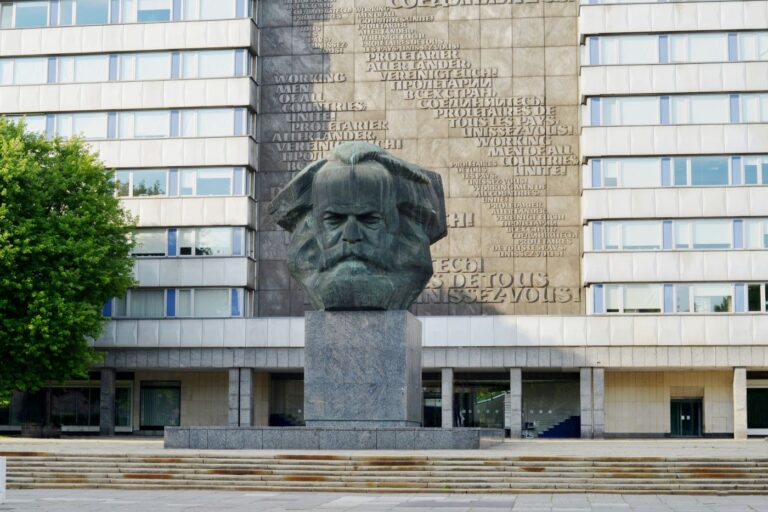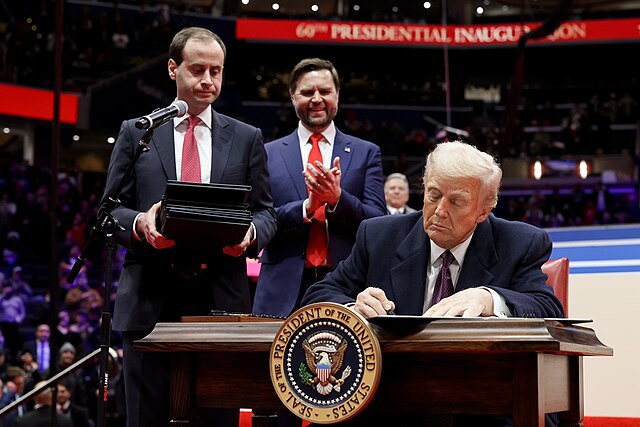Witherspoon Institute
2026 Summer Seminars
Held in Princeton, NJ
For rising high school juniors and seniors, undergraduates, and graduate students.
Keep up with the conversation! Subscribe to Public Discourse today.
Interviews
By Luma Simms and Nathanael Blake
Policies matter, as do choices by individuals, families, and congregations. But ultimately our hope, both for rolling back the sexual revolution and then keeping it at bay, is in the grace of God.
By Micah Watson and Hunter Baker
I continue to believe that our best path forward is to respect one another and to avoid the constant temptation to engage in emotional and political manipulation from the left and right.
The whole world is God’s creation, an expression of his love. The truth about ourselves as dependent creatures who he loves, whom he sent his Son to redeem, is out there for us. We can blind ourselves to it, we can ignore it, but it’s very loud. And the more we help each other see it, the happier we will ultimately be.
We are very different people from those who came before us, because of our deficits in social learning.
By Nathaniel Peters and Donald W. Landry
Medicine goes back 5,000 years. Medicine is already 2,500 years old when Hippocrates articulates the Oath, and it hasn't even started the infancy of its science. So for millennia, the medical profession has been in service of those in need—regardless of risk.
By Matthew X. Wilson and Stephen Macedo
There was a fundamental failure of toleration for alternative points of view. I think some of it might be explained by the fact that it was a pandemic. For public health guidance to be effective, people have to comply. To that I would say fair enough, but it’s also equally important—or more important—to have confidence that the policies are sound. People complying en masse with unsound policies won’t do us a whole lot of good. That’s what open debate is supposed to address.
Everyone can have their own beliefs about the ethical principles of human fertility. From a pure accounting perspective, however, the problem is people are not getting married. So, making IVF cheaper, for example, is not solving that issue.
The book’s importance goes beyond the perennial value of Newman; Görres penetrates deeply into the heart of Newman’s character and life. In doing so, she reveals what made him holy, and holiness is of perennial value.
By Adam Kirsch and Nathaniel Peters
The only way to actually create a better future is to start with the world we actually live in and move forward—which may require “despairing” of the past, which cannot be changed.
Book Reviews
Chernow’s biography denies us the gift that Mark Twain would so generously bestow on his fellow Americans. For her 250th birthday, America deserves better.
Young conservatives can learn a great deal from Flynn’s account of Meyer’s life.
Many of us find it difficult to be forced to revise our assumptions and change our views, but for Brown, it seems to be one of the great joys in life.
By John Ahern
Whether Beethoven ought to be understood as a Catholic composer is no longer the difficult question, but how and when he is Catholic in his music will, I suspect, frame many discussions to come.
By Paul Seaton
“Reason and revelation,” “God’s creation and the natural order of things,” “the biological nature of human beings,” and “Natural Law”: these are Mahoney’s lodestars and the criteria by which he judges not just ideology’s falsehood but its destructive evil.
The touchstone of moral agency is neither the supposedly pre-modern attitude of “heteronomy,” nor the chimera of liberal “autonomy,” but the reality of productive, creative action under a personal God and Savior within an orderly and meaningful cosmos.
For believers eager to have a voice in a secular liberal society or simply to find peace and a home in such a society, and thus to avoid dispiriting “polarization,” Rauch’s appeal appears to resonate with a surprising power.
Despite some missteps and misplaced emphases, Gordon has given us the best and most enjoyable history of the Bible yet produced.
It is undeniable that the Church calls Christians to aid those who suffer. But real demographic and political realities frame this responsibility.
Long Reads
What is the nature of human dignity? What is it to act justly towards another human being? For Augustine, the answer is that justice towards another human being is a matter of recognizing God’s image in them, and all that follows from that, the deep solidarity and communion that arises from this.
Why should we be faithful constitutionalists on matters of war powers in the first place (as opposed to being hard-headed “pragmatists”)? Why should we care about the Constitution, about this violation of it, by this president, at this time?
By Paul Sullins
Suppressing disfavored ideas from consideration has serious consequences for the possibility of scientifically informed public discourse in our day.
The Ukrainian Greek Catholic faithful, both lay and religious, are hard at work helping their country to forge a future worthy of human dignity.
By Jason Bedrick and Thomas Jipping
Parents’ authority over their children’s education is being challenged as much today as it was a century ago. Pierce remains a solid basis on which parents can insist on their proper place in the family and society.
By Brad East
To be sure, there remain some true-believing via media Protestants who are morally and theologically conservative and continue to attempt to strike the balance between high and low. But whatever their future, they will not be resuming their place at the commanding heights of the culture.
Keeping the person at the center of concern maintains our focus on his or her good rather than on our own fears and insecurities. And, each time we practice accepting another in the fullness of their fragility, we come to a healthier, more honest acceptance of ourselves, too.
The Constitution’s grant of citizenship cannot be a function of Congress’s immigration laws, let alone of a president’s executive order written on the basis of those laws. Only a constitutional amendment could unsay what the Constitution conclusively says on that question: born here, citizen here.
By R.J. Snell
Whenever evangelical ethics relies on a Barthian or quasi-Barthian insistence on doing Christian ethics, I suggest we robustly answer, “nein.” Just a simple, “no.”
Essay Series
Western Parenting
If Siddiqui's new moral imperative for artificial, disembodied procreation to ensure perfectly healthy babies becomes the norm, have we not lost something truly beautiful and human, the link between physical sexual communion and procreation?
By Ivana Greco
Is it possible to be considered a good parent today if your top priority is not perfecting your children, but rather simply being their “safe place”? I don’t know the answer, but it seems to me that being a warm and loving parent that children feel safe with is both a worthy and challenging goal. I have often reflected that many of my worst parenting mistakes happened when I tried to convince my kids to be other than the people they are.
Take it from me: girl boss or not, travel sports or not, having kids can be a lot easier and more fun if you just remember that you’re the grown-up.
Newsletters
Our roundup from an eventful month
On a somber anniversary.
On social justice, human nature, timeless beauty, and the power of flexibility
Infiltrating the culture with countercultural thinking about the value of life—and its connection to true, authentic gratitude—is not a religious or political matter, and no ideological camp has the upper hand in the argument. We need civil dialogue across political lines, and that’s what we seek to do.
By R.J. Snell
Procedures are necessary, of course, but we need substance as well. And our pages were full of substance this month, as every month.
A crucial aspect of Public Discourse’s mission is to be a beacon of light and a forum for serious, rigorous, and truth-seeking discourse even when temptations toward despair, radicalization, and provocative polemics abound. At PD, we charitably examine and challenge ideas and arguments—we don’t attack or demonize people, and we don’t serve any worldview, party, or ideology besides the cause of truth.
There are numerous ways that we increasingly strive to defy the natural limits our embodiedness imposes on us, and our pulling away from community and connectedness is just one example. In this kind of world, it’s easy to forget that our physical bodies, and all the limits and inconveniences they impose on us (or others!), matter a great deal. So it’s no mistake that our August essays seemed to touch on that theme.
If ennobling discourse is now countercultural, so too is our journal. Like the Witherspoon Institute, PD is an institution that bears witness to a virtuous (and virtuously “slower”) mode of public engagement: engagement that reflects an open-hearted, honest yearning for the common good.
By R.J. Snell
We do our best to build, strengthen, and defend the basic institutions of a free and flourishing people, institutions of the family, religion, good government, and education. At times we critique and note shortcomings, but even those criticisms are for something rather than against: we are for flourishing, for good institutions, and for the nation.



